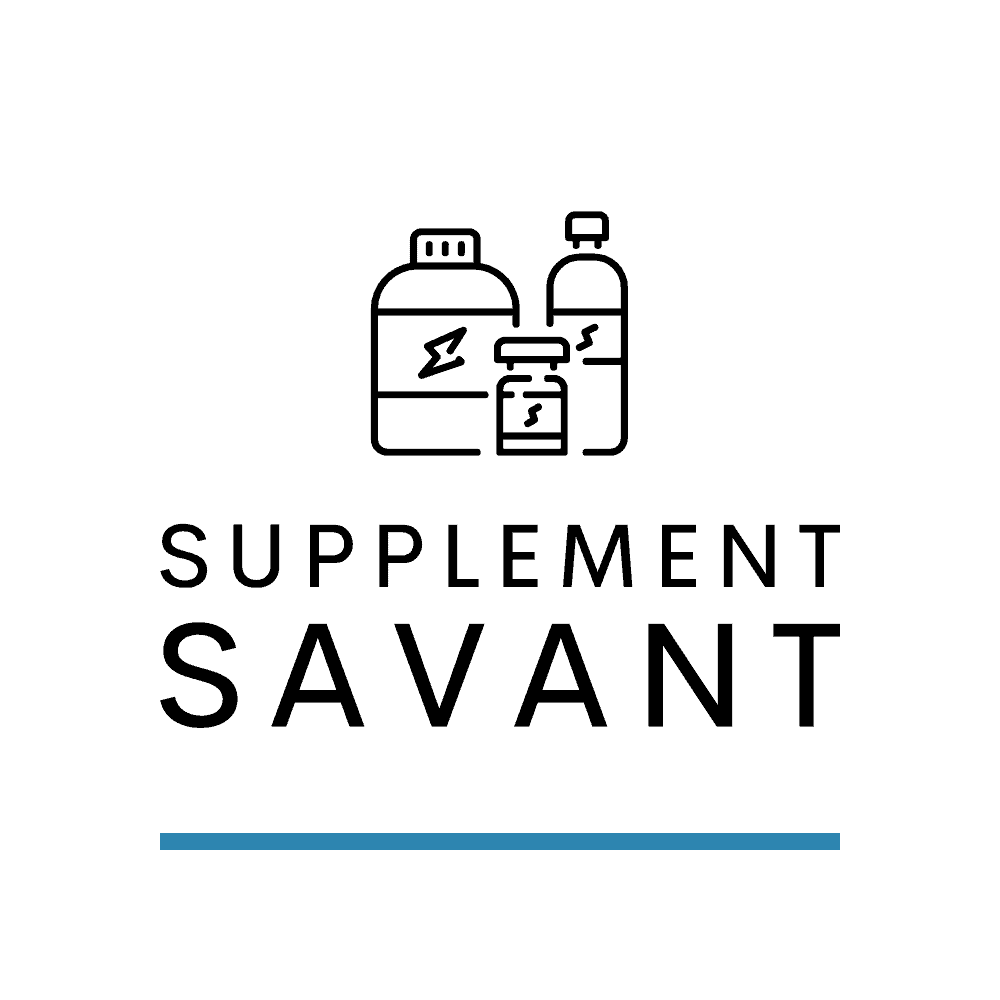Supplying your body with the right amino acids is absolutely indispensable for the normal functioning of your cells. However, not all amino acids are created equal.
Some amino acids can be produced by your own cells – we call them non-essential amino acids. Others are exclusively available in your diet – these are the essential amino acids.
Leucine is one of those essential amino acids that you need to have sufficient amounts of.
In this article, we will answer the question ‘what is leucine?’ and cover other aspects of this topic to help you make informed decisions.
What is Leucine?
Leucine is a branched-chain amino acid (BCAA), which is crucial for repairing muscle cells and hypertrophy. The other two BCAAs are isoleucine and valine. However, leucine remains the most popular option for bodybuilding.
It is an essential amino acid that the body cannot produce. Primarily, supplying your body with leucine will boost your energy and promote protein synthesis.
In general, there are two forms of leucine:
- L-leucine – this is the naturally-occurring version of the amino acid. It is also the form used in supplements.
- D-leucine – this is the mirror image of L-leucine, which gets created in the laboratory. You can also find this as a supplement.
Just like other essential amino acids, you can find leucine in protein-rich foods, which include fish, turkey, chicken, yogurt, cheese, nuts, eggs, seeds, and fruits.
Benefits of Leucine
1. Optimizes Brain Function
In people with declined brain function due to liver disease (e.g., hepatic encephalopathy), leucine seems to optimize interneuronal connections and lower the levels of toxic substances in the brain.
Note that the other two BCAAs may also produce similar effects to leucine. However, these amino acids do not lower the risk of death for these individuals.
2. Aids with Post-Workout Recovery
There is some solid evidence that supports the effectiveness of BCAAs in reducing post-exertional fatigue, especially after high-intensity workouts.
Researchers believe that BCAAs initiate protein synthesis and prevent proteolytic processes. As a result, they reduce delayed-onset muscle soreness and fatigue.
For instance, one study found that individuals who receive BCAA supplementation had less intense soreness after sessions of squat workouts compared to the control group. Additionally, participants reported less muscle fatigue.
With all of that said, there may need to be more clinical trials to take a look at the individual effects of these amino acids. In other words, we need studies that inspect the action of leucine by itself on muscle soreness and fatigue.
In studies on rats, scientists showed that leucine boosts two muscle growth pathways while slowing down muscle breakdown.
3. Promotes Weight Loss
In several animal studies, leucine seemed to aid with weight loss. While researchers are still uncertain about the exact mechanisms that promote weight loss, the production of hunger hormones might be the answer.
You see, leucine may boost the secretion of leptin, which is the hormone responsible for suppressing your appetite. Differently put, the more leptin you have in your bloodstream, the more satiated you will feel.
In fact, many scientists believe that protein-rich diets help people lose weight primarily through leucine – by increasing the production of leptin and regulating blood glucose.

Natural Sources of Leucine
Similar to other essential amino acids, you can get leucine through dietary intake. Opting for foods with complete proteins should be enough to cover your needs. However, individuals who want to reap the metabolic benefits of leucine will most likely need to take supplements.
Nevertheless, here are some foods that contain decent amounts of leucine and other amino acids:
- Canned navy beans – a 100-gram serving of canned navy beans has 0.7 grams of leucine
- Cottage cheese – A 100-gram serving of cottage cheese offers 1.27 grams of leucine
- Eggs – 56 grams contain 0.6 grams of leucine
- Hemp seeds – 30 grams of hemp seeds contain 0.65 grams of leucine
- Sesame Seeds – 18 grams of sesame seeds contain 0.25 grams of leucine
- Pumpkin seeds – 28 grams of dried pumpkin seeds contain 0.7 grams of leucine
- Lentils – 198 grams of cooked lentils contains 1.3 grams of leucine
- Spirulina – 14 grams of dried spirulina contain 0.69 grams of leucine
Potential Side Effects
1. May Lead to the Deficiency of B-Vitamins
There is some evidence that consuming more than 30 grams of leucine per day could negatively impact vitamin B3 and vitamin B6. Researchers believe that leucine might interfere with the intrinsic production of these vitamins, leading to deficiency.
2. May Cause Low Glucose Levels
When leucine is part of a blend that contains glucose, it may decrease your blood sugar levels below normal levels. You see, leucine stimulates the production of insulin, leading to rapid-onset hypoglycemia. For this reason, doctors do not recommend taking leucine supplements for patients with chronic hypoglycemia or poorly controlled diabetes.
Dosage of Leucine
The ideal dosage of leucine is a hot topic of debate. Consuming 2.5 grams of leucine can boost muscle protein synthesis dramatically. Some experts recommend taking 10 grams of leucine per day across different meals and supplementation.
The best way to get your daily requirement of leucine is by integrating the supplements within your workouts. Optimally, you would consume 5 grams of leucine around your workout (you can mix it with the other BCAAs).
You should also aim for 2.5 grams of leucine per meal, which you can sufficiently get from some of the food sources we listed above.
If you have any medical condition that interferes with the normal function of your liver or kidneys, make sure to speak with your primary care physician before taking leucine or BCAA supplements.
Take-Away
Leucine is an essential amino acid that plays a vital role in muscle protein metabolism. It also boosts energy levels and cognitive function. Make sure to get this amino acid through a mixture of dietary intake and supplementation.
Hopefully, we managed to answer all the frequent questions that surround leucine, including its benefits, sources, and possible side effects.
If you have any further questions about leucine, feel free to leave a comment.

1 thought on “What is Leucine? – Everything You Need to Know”
Pingback: CapeRay blog